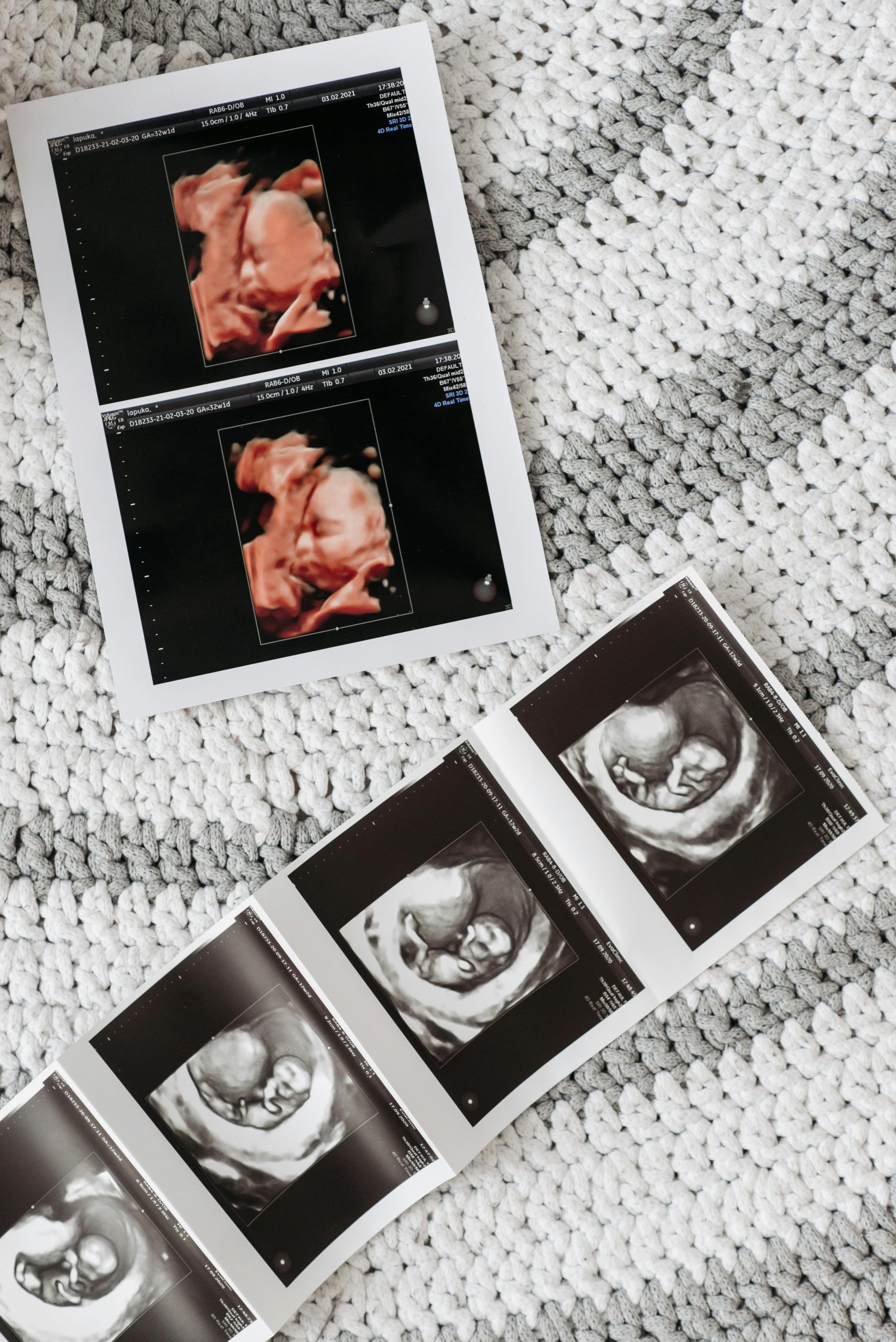How a Simple Conversation with ChatGPT Led to a Life-Saving Health Decision
In today’s fast-paced world, technology plays a crucial role in our daily lives, often providing insights we might not consider. A recent experience with an AI chatbot opened my eyes to the importance of proactive health management, and it ultimately helped me make a decision that could have saved my life.
During a casual chat with ChatGPT, I posed an intriguing yet possibly morbid question: “Based on everything you know about me, how do you think I’ll die?” What followed was a surprising risk assessment that took into account my age, lifestyle choices, stress levels, and overall habits. The AI’s primary concern? A potential heart attack due to cardiovascular disease.
This didn’t sit well with me—not because I felt invulnerable, but because I pride myself on leading a healthy lifestyle. I exercise regularly, maintain a well-balanced diet, and my previous lab results had been positive, so its prediction seemed out of left field.
However, ChatGPT didn’t just leave it at that. It advised me to consider a coronary artery calcium (CAC) scan, a diagnostic tool that evaluates the amount of calcified plaque in the coronary arteries and provides a more accurate risk assessment for heart diseases. Until that moment, I had never heard of a CAC scan, nor had it crossed my mind to request one.
Taking this newfound information to my healthcare provider, I was met with some resistance. My doctor expressed hesitation, pointing out that my regular lab work didn’t substantiate the need for such a test. Armed with ChatGPT’s recommendations, I politely insisted on the discrepancy between my pristine lab results and the potential risk factors lurking unseen. This effective communication convinced my doctor to schedule the CAC scan.
As it turns out, this decision was a pivotal moment for my health journey. The scan revealed a CAC score of 125, categorizing me as moderate risk for a coronary event within the next decade. Without this important test, I might have continued to assume that my health was absolutely fine, blissfully unaware of the lurking risks.
Today, I’m taking proactive steps: adjusting my lifestyle, starting medication, and managing a risk I didn’t even know existed. This experience serves as a powerful reminder of the value of curiosity and the modern tools at our disposal. What began as a simple question during a chat transformed into a critical health intervention, highlighting how an analytical perspective—whether human or artificial—can lead to life-altering decisions

